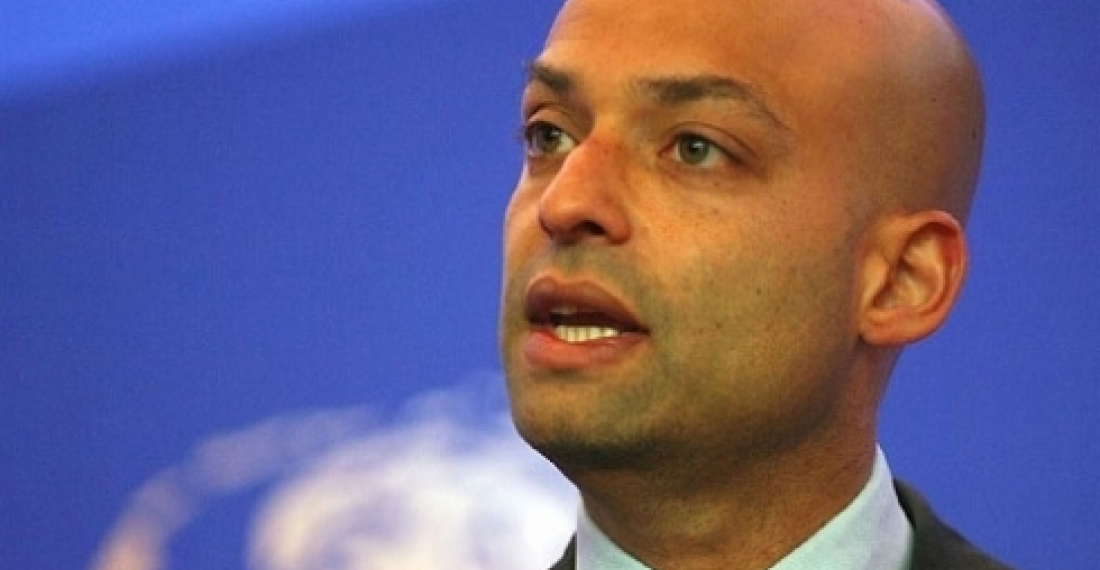NATO Secretary General's Special Representative for the Caucasus and Central Asia, James Appathurai, has given an exclusive interview to ArmInfo News Agency about the results of his visit to the South Caucasus region in mid February
Will you please tell me about the most significant results of your visits to Baku and Yerevan?
In the run-up to the Chicago Summit in May, the NATO SG wants to have a strategic-level dialogue on security issues of common interest with Armenia, Azerbaijan and a number of other key partners. The intention of my visit was to explain NATO’s current priorities and to listen to the views from Armenia and Azerbaijan on domestic developments, regional security and the Nagorno Karabakh conflict. I think the visit has been a success and enhanced our mutual understanding. The visit also allowed us to prepare for President Aliyev’s visit to Brussels on 15 February and the recent visit of President Sargsyan.
Baku has increased its military rhetoric threatening with a new war in Karabakh. Did you speak on the topic with the Azerbaijani leadership?
Yes, I listened to the views of President Aliyev on the situation in Nagorno Karabakh as well as the stalled peace process. They reaffirmed Azerbaijan’s commitment to find a peaceful settlement.
What will NATO do in case of the war strikes in Karabakh? In which case may NATO intervene?
There is no military solution to the Nagorno Karabakh conflict. A resumption of violence will set all sides back. I believe most people in the region understand this. I believe NATO will continue to support the efforts of the Minsk Group co-chairs.
As regards Iran’s nuclear program, Teheran seems to have no intention to suspend the program; on the contrary, it has hastened the implementation of the program. So, how will NATO respond to Iran if Teheran does not stop it?
NATO as an organization is not involved in the Iran question. However, NATO expects Iran to live up to its international commitments.
How can the situation around Iran and any repercussion bound with the problem affect the geopolitical system of the region? Did you speak about Iran’s problem in Baku and Yerevan? Will NATO need any kind of support from Baku and Yerevan in case of an attack on Iran?
As I said, NATO as an organization is not involved in the Iran question. It would therefore also be unhelpful if I would speculate here on future developments. We discussed regional security issues, and I listened to the views in Baku and Yerevan on their relations with their neighbours, including Iran. I believe the Governments in Armenia and Azerbaijan understand very well that NATO is not involved in the Iran question.
How do the tensions between France and Turkey over the Armenian resolution in France affect the work between these two partners in NATO?
I am of course aware of the debate, but I have not witnessed any direct repercussions on the relations between the two countries within the Alliance. As Members of the Alliance, France and Turkey interact on a daily basis in Brussels and within the military command structures. It is up to the two capitals to consider the best way forward in their bilateral relations.
By Oksana Musaelyan







